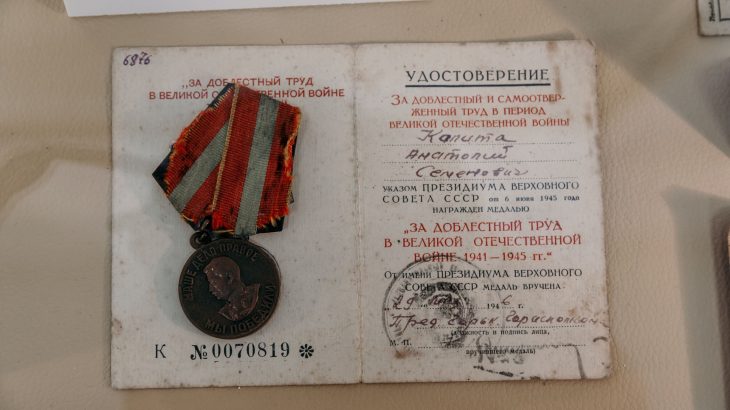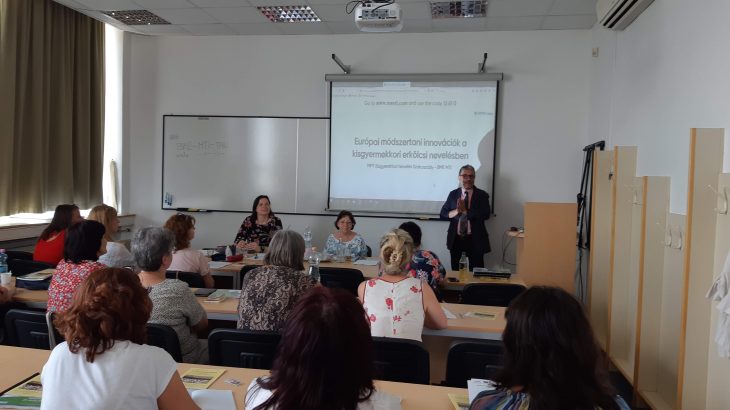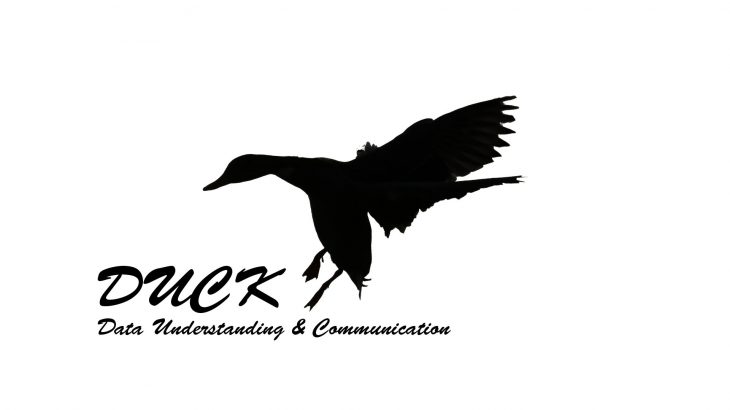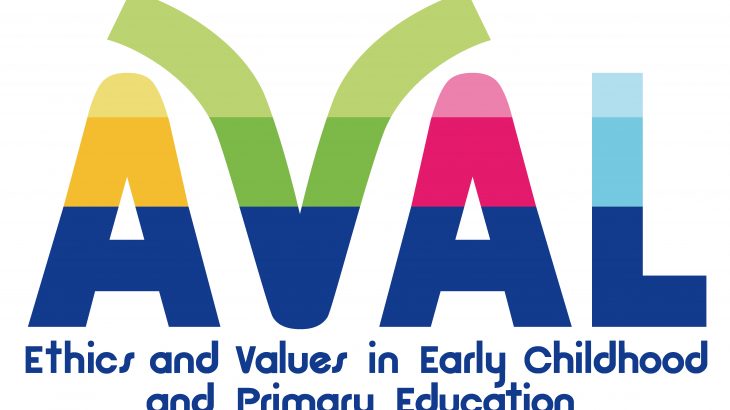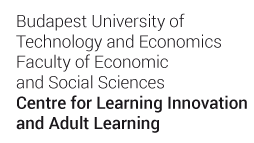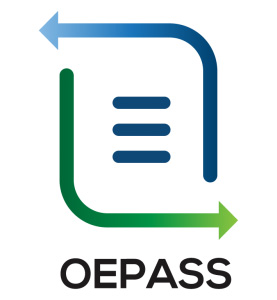
The recognition and transfer of individual credits through ECTS was created for an era of physical mobility, and is optimised accordingly. EU recognition instruments, such as the diploma supplement and the EQF, support the award of qualifications in the areas of formal learning, and are supported by recognition procedures for non-formal and informal learning.
While these tools can be used to support open education and virtual mobility, a number of caveats exist to their use, including that:
little to no guidance exists on how to document virtual mobility / open education experiences for the purposes of credit transfer;
procedures for recognition of prior learning or of non-formal/informal learning do not scale to the massive numbers of students enrolling in open education programmes such as MOOCs;
there is no European approach to recognising, transferring or scaling open education modules.
Continue reading
